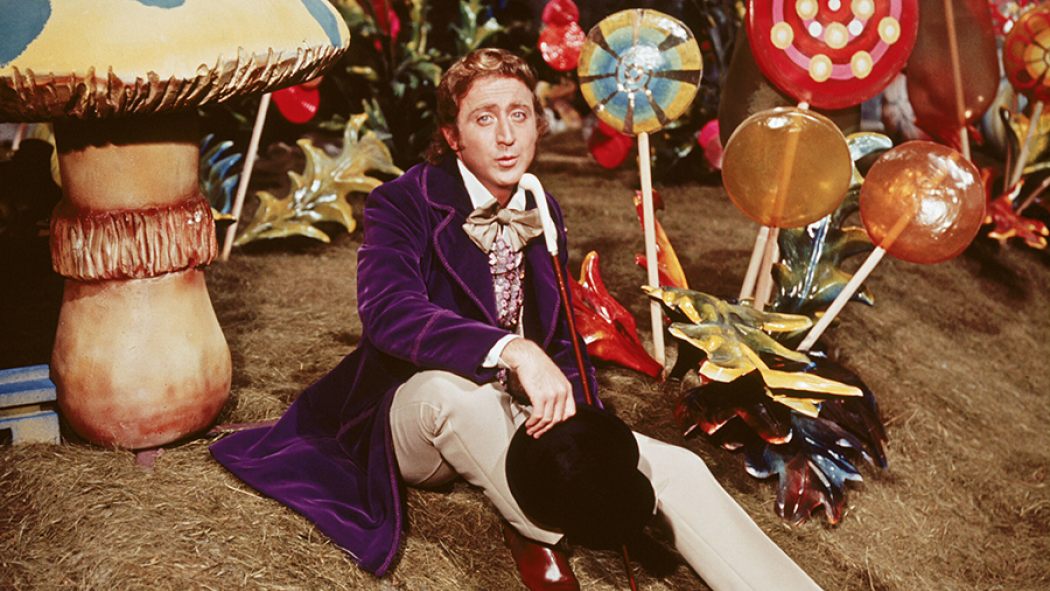Willy Wonka: But Charlie, don’t forget what happened to the man who suddenly got everything he always wanted.
Charlie Bucket: What happened?
Willy Wonka: He lived happily ever after.
A different movie now.
Harvey Dent: When their enemies were at the gates, the Romans would suspend democracy and appoint one man to protect the city. It wasn’t considered an honor; it was considered a public service.
Rachel Dawes: Harvey, the last man who they appointed to protect the Republic was named Caesar, and he never gave up his power.
Harvey Dent: Well, I guess you either die a hero or you live long enough to see yourself become the villain.
I like watching movies. I like it even more when they have dialogues that end up staying with me for a long time. Like the ones above.
The two exchanges from completely different movies and totally unrelated contexts work so well together.
The first exchange is about highlighting the possibility that one can get everything she wants and then live happily ever after, just like that.
We tend to see this as an impossibility. But whenever we see impossibility in something, it is simply a reminder that our expectations are too high. It is a reminder to lower them. And just like that, the impossible now becomes possible. Lower it a little more and now there is also room for magic. To be pleasantly surprised by the outcome.
The second exchange is about either dying a hero or living long enough to turn villain. Once we manage to lower expectations and experience possibility and even magic, we begin to get used to it and start raising our expectations again. The same thing that delighted us now appears mundane and saps our energy. If we manage to not raise expectations, or if we end the experience by treating it as a one-off piece of magic, we will have a magical experience when we come across it again.
It is easy enough to have everything we want and live happily ever after. I don't always succeed at it. But I'm learning.
Another exchange from an altogether different movie that continues this line of thought.
Juan Antonio: The trick is to enjoy life, accepting it has no meaning whatsoever.
Cristina: No meaning? You don't think that authentic love gives life meaning?
Juan Antonio: Yes, but love is so transient. Isn't it?
When we accept that even the most beautiful things are transient, we enjoy them while they last and still look back upon them with fondness when they have ceased to exist rather than turn grumpy or attempt to resurrect it at any cost.
My expectations are simple - get a little better at the things I do each day, have engaging conversations, laugh, stay healthy, love.
We are all already living happily ever after. When we feel otherwise, we should watch these exchanges again.





CONVERSATION